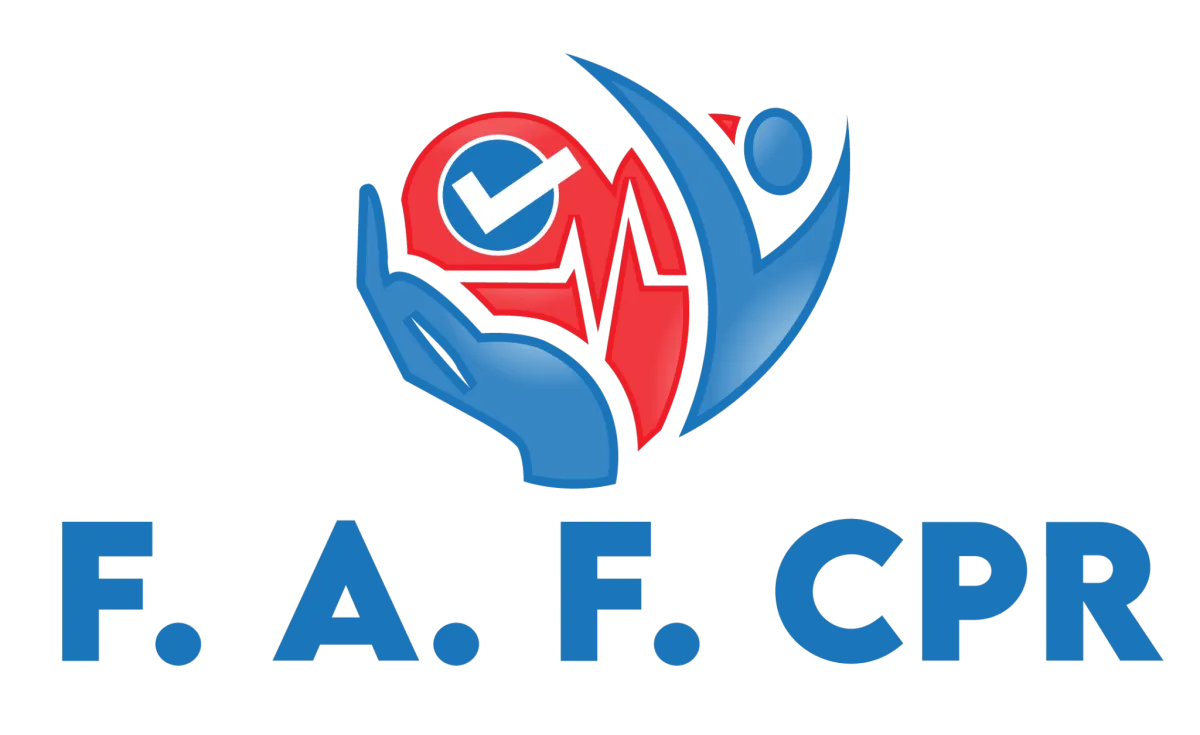Our Blogs
Lorem ipsum dolor sit amet, consectetuer adipiscing elit. Aenean commodo ligula eget dolor. Aenean massa. Cum sociis natoque penatibus et magnis dis parturient montes, nascetur ridiculus mus.
No blogs found
Frequently Asked Questions
Do I need prior experience to take a class?
No experience is necessary for most of our courses. Our instructors guide you step by step, whether you are new to CPR or refreshing your skills.
How long are the classes?
Class lengths vary depending on the course. Most basic CPR and First Aid classes run 2–3 hours, while advanced courses like ACLS and PALS may take longer.
Will I receive a certification card?
Yes. Upon successful completion of your course, you will receive an official certification card that meets AHA (American Heart Association) requirements.
How do I register for a class?
You can register directly through our website by selecting your preferred class, date, and location. Simply complete the online sign-up and payment to secure your spot.
How often do I need to renew my certification?
Most certifications are valid for two years. We recommend signing up for a renewal course before your certification expires to stay current.
Do you offer group or onsite training?
Yes. We can bring training directly to your workplace, school, or community group. Group discounts may apply.
What should I bring to class?
We provide all the necessary training materials. Just bring a valid photo ID, comfortable clothing, and any required documents for your specific course.
What if I need to reschedule or cancel?
We understand schedules change. Please contact us in advance to reschedule your class. Cancellation policies may vary depending on the course.
Get in touch with us
Have questions about our classes or need help choosing the right course? We are here to guide you every step of the way. Reach out to us today and let us help you get certified with confidence.

Have any thing to ask ? Let's Talk We're Always Ready!
Follow Us
Follow Us
We service one of the top Esthetician Schools in the Houston area! The Facial & Wellness Society.
Quick Links
More
© Copyright 2026. F.A.F. CPR. All rights reserved.

